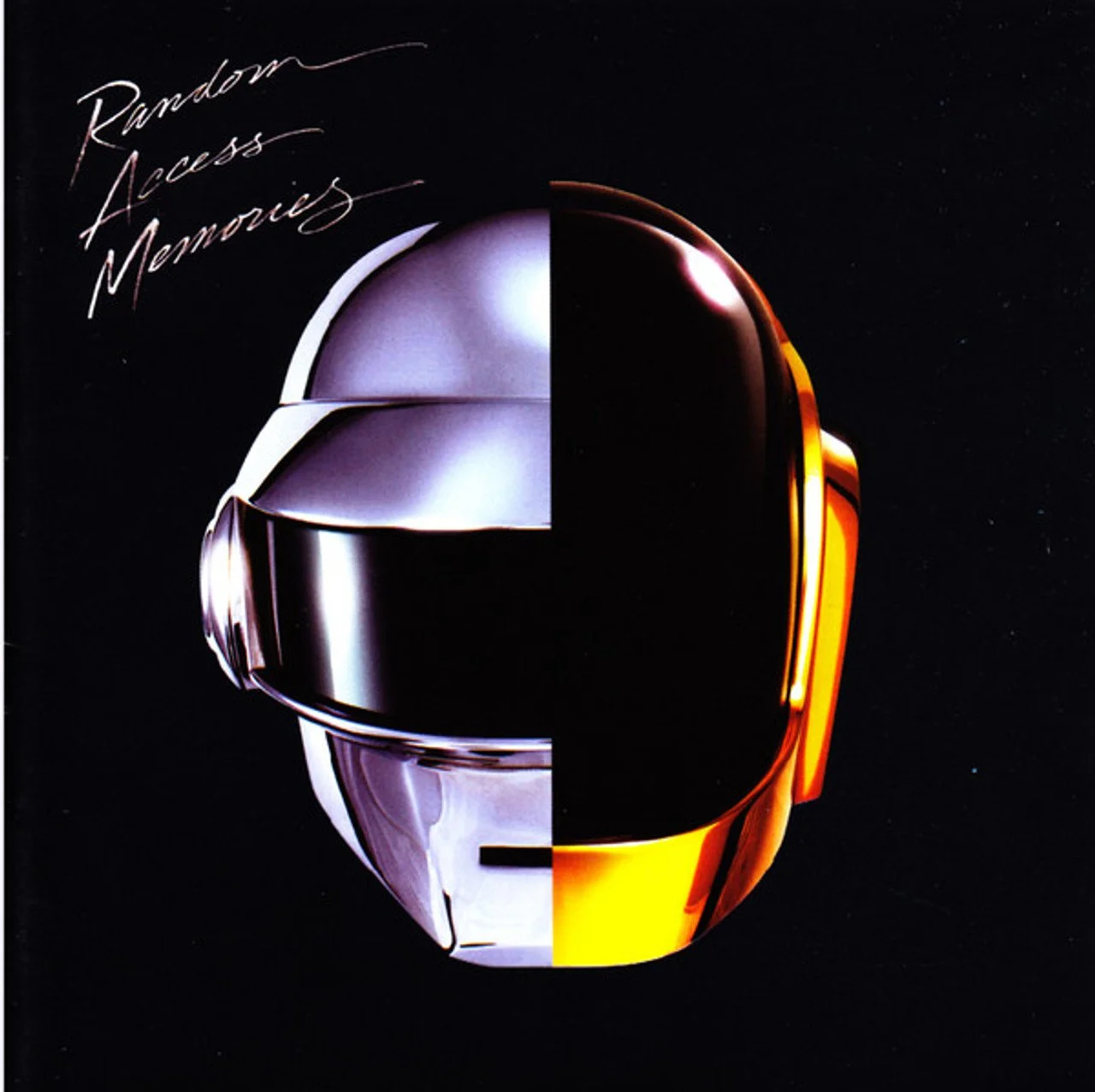“One More Time”: Remembering Daft Punk and the End of an Era
By Beth O’Halloran, Music Editor
On the 22 of February 2021, I received a distressed text from my mother stating that there would be no more Daft Punk releases, as they themselves were no more. We had a running joke that any day now we’d receive a surprise in the form of a successor to 2013’s Random Access Memories. But eight years on from the Grammy award-winning masterclass in electronic sound, it was to be the final album. Having grown up listening to them, with Discovery on heavy rotation in my mothers car, to my uncle introducing me to Alive 2007, it felt as if it was the end of an era for my childhood too. An eight-minute video entitled “Epilogue” was uploaded to their YouTube channel showing the duo parting ways, with little explanation as to why, only the assumption that it was on good terms. Having worn masks and refusing to show their faces (except when DJing), little was known about their creative process or lives when not in costume. But their influence on dance and electronic music as a whole can still be felt through the presence of artists such as Charli XCX and The Weeknd. Four years on, what have we learned from them?
Despite releasing only four studio albums as well as two live albums over their 30-year-long career, Daft Punk have shaped dance and electronic music into what it is today. Formed in Paris in 1993 by Guy-Manuel de Homem-Christo and Thomas Bangalter, the duo shot to international stardom with the release of their debut album Homework in 1997. Described as one of the most hyped debut albums in a long long time’, the album received critical acclaim for its blend of French house and extensive sampling efforts. Their fame skyrocketed and continued to rise with the release of Discovery in 2001. A masterclass in sampling, taking sounds of the 70s and 80s and reworking them into innovative tunes, the album spawned hits such as “Face to Face” and “One More Time”. Daft Punk continued their blend of the past and the present throughout their career, with their successful Alive tour, changing the game for electronic music and how it’s performed to the masses.
While Random Access Memories didn’t feel like a goodbye at the time, in retrospect there is no greater farewell than a tribute to the sounds that paved the way for your career. Blending elements of disco, funk, house and even indie rock, whilst simultaneously paying homage to the electronic pioneers that came before them, the album boasts an impressive lineup, including collaborations with Nile Rodgers, Julian Casablancas, Pharrell Williams, Giorgio Moroder, and Paul Williams, to name but a few. This fusion of 70s disco with electronic vocals won Album of the Year at the Grammys in 2014 - one of a staggering total of five Grammys for the album.
While it was not known at the time that it would be their final album, it was certainly a high to finish on. An April 2023 interview with Bangalter revealed his concerns surrounding the rise of artificial intelligence and its potential use in music, citing it as a reason for the end of Daft Punk. Having blurred the line between technology and humanity via their stage personas and electronic music, he stated that “the last thing I would want to be, in the world we live in, in 2023, is a robot.” While at the time AI was nowhere near as functional nor as prolific as it is today, advancements in such a short space of time has rendered these fears prophetic.
The integration of generative AI into our everyday lives through the likes of ChatGPT has appeared to make life easier for some, but it’s missing one key feature: it lacks the humanity that is intrinsic to art. I’ve seen AI entrepreneurs try and justify their models by comparing it to sampling, as if the art of it is simply a job to copy-and-paste. But the craftsmanship required to weave together snippets from thousands of songs and audio clips, the understanding of music theory and the incredible degree of knowledge required is a talent that AI can never recreate. This doesn’t just apply to sampling. Creating music as a whole requires passion and dedication. While some have argued that AI allows non-artists to create art, they fail to acknowledge that creating art is simply a part of being alive. Yes, some might be better at it than others, but isn’t that the whole point? While Daft Punk spent most of their career hidden behind turntables or in studio sessions, they displayed the human condition through electronic music. Because when the music is stripped back and the layers removed, at the very heart of it, the art is human after all.



